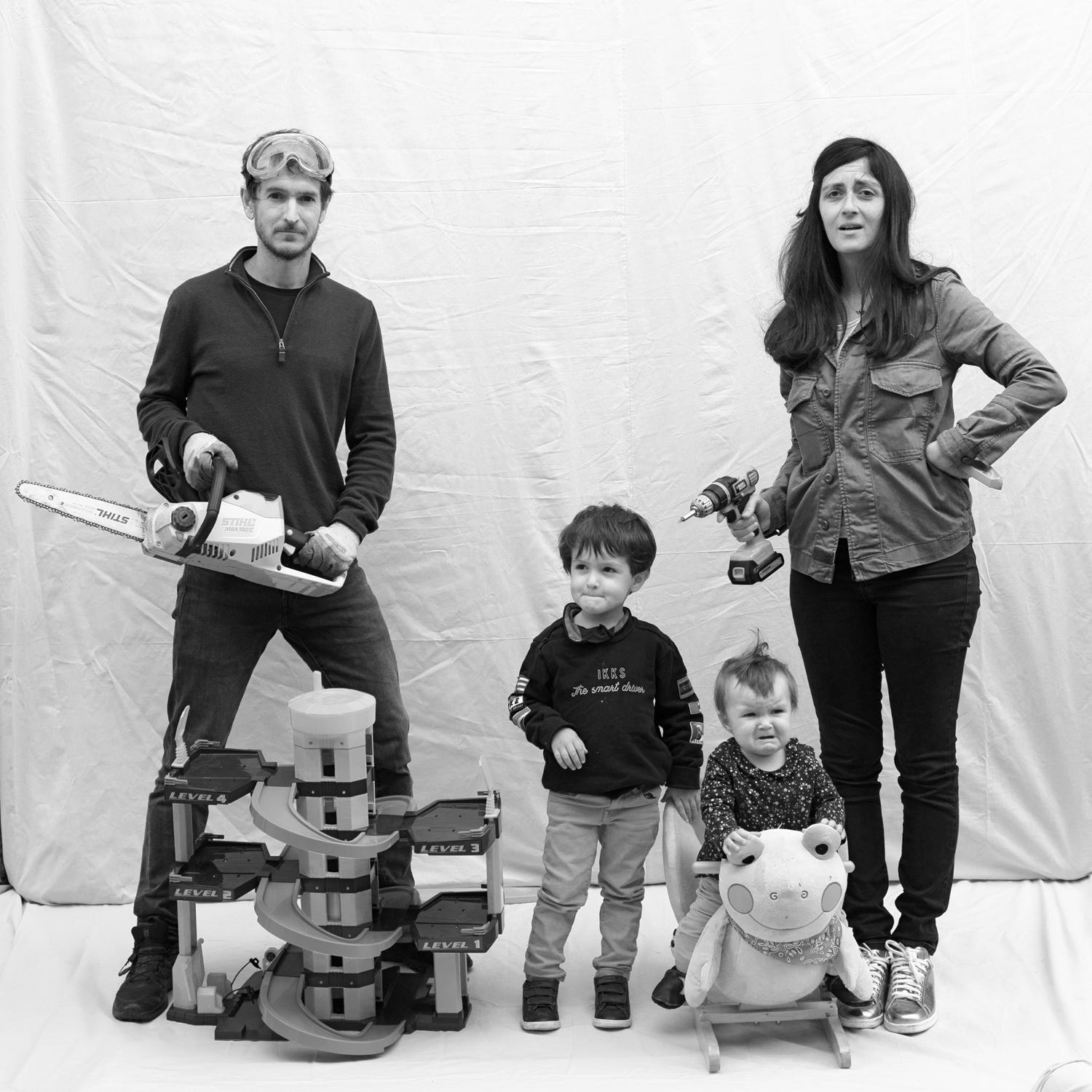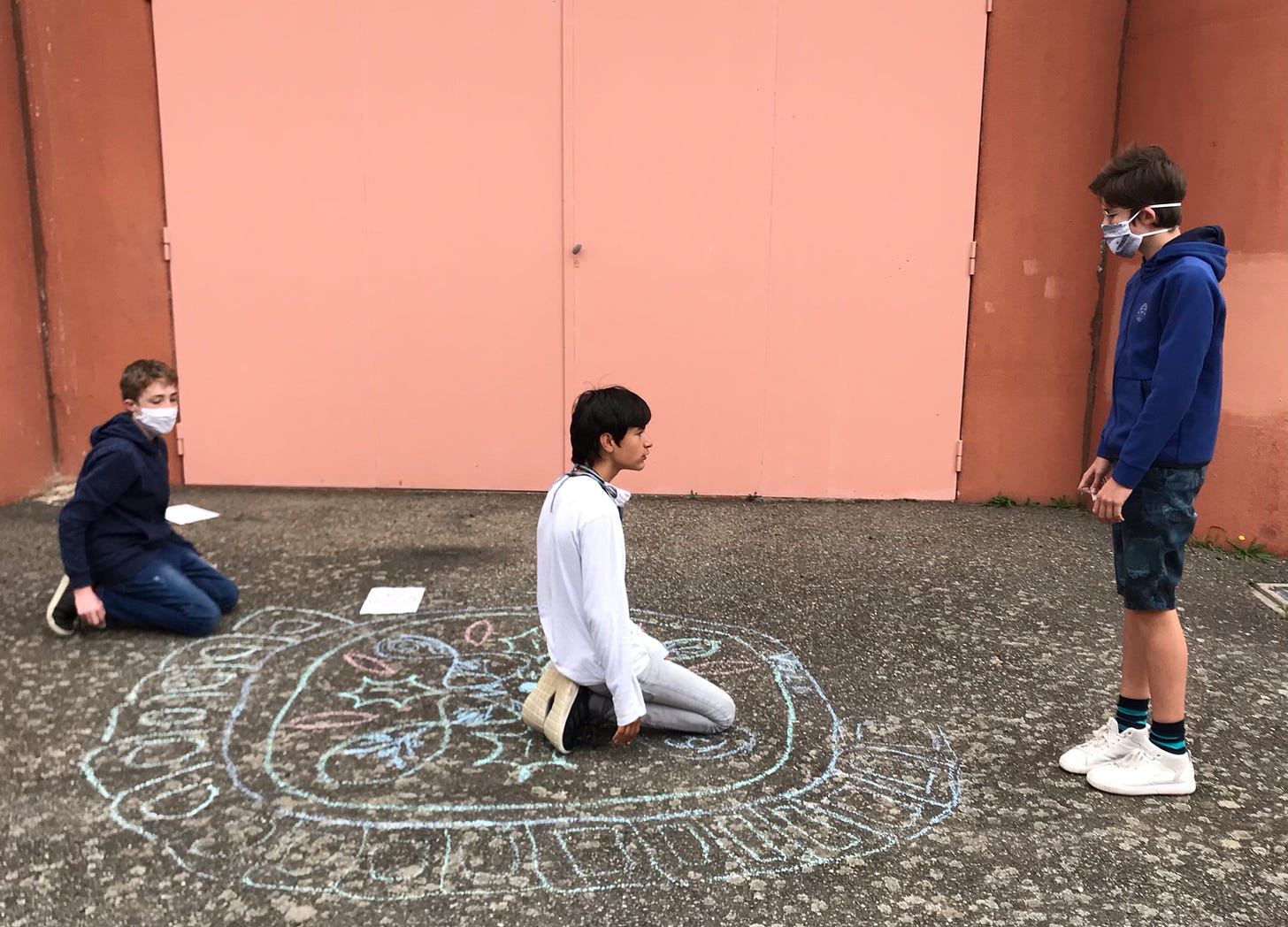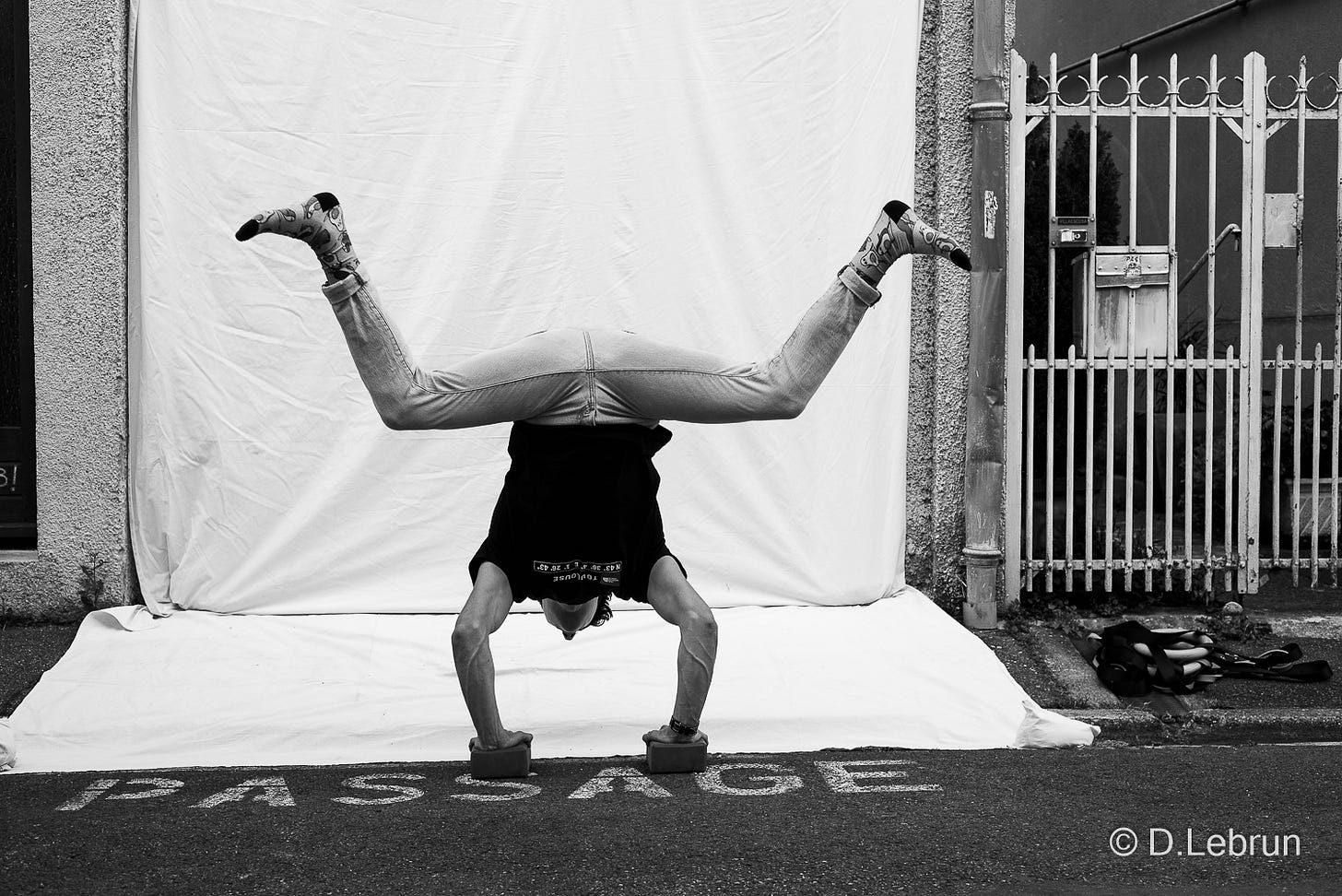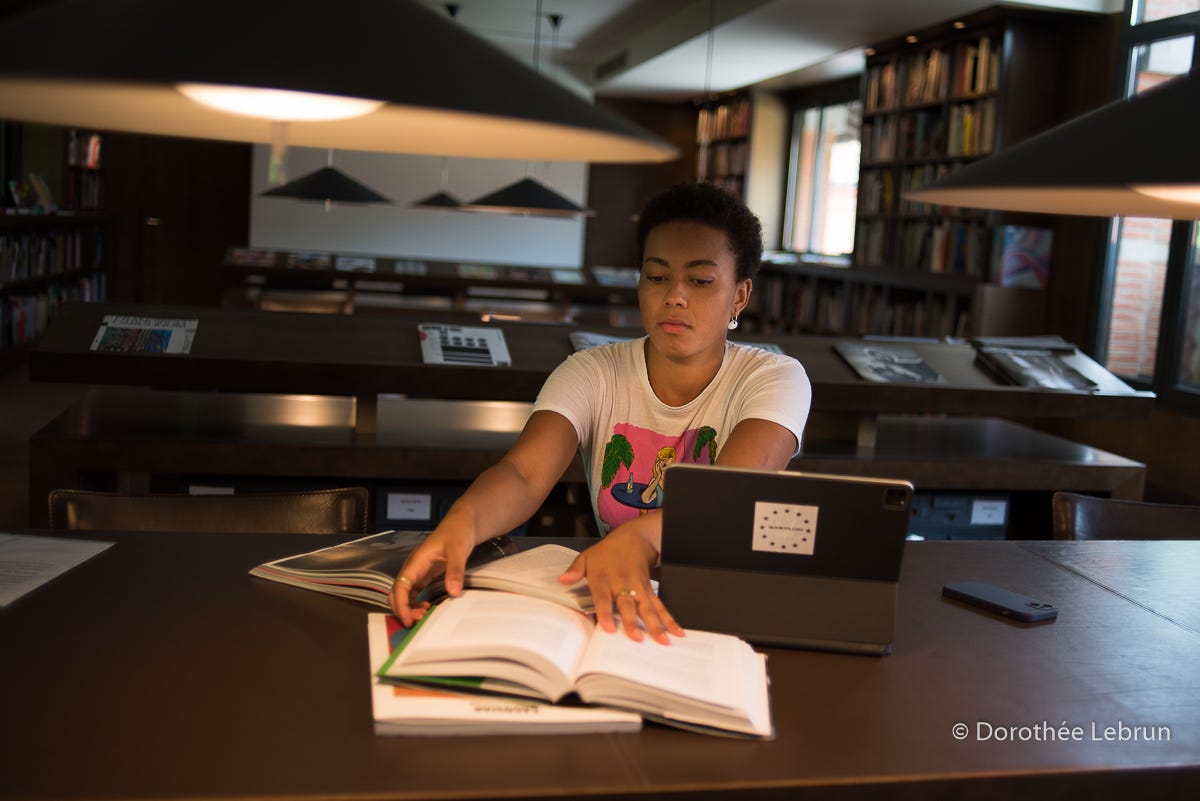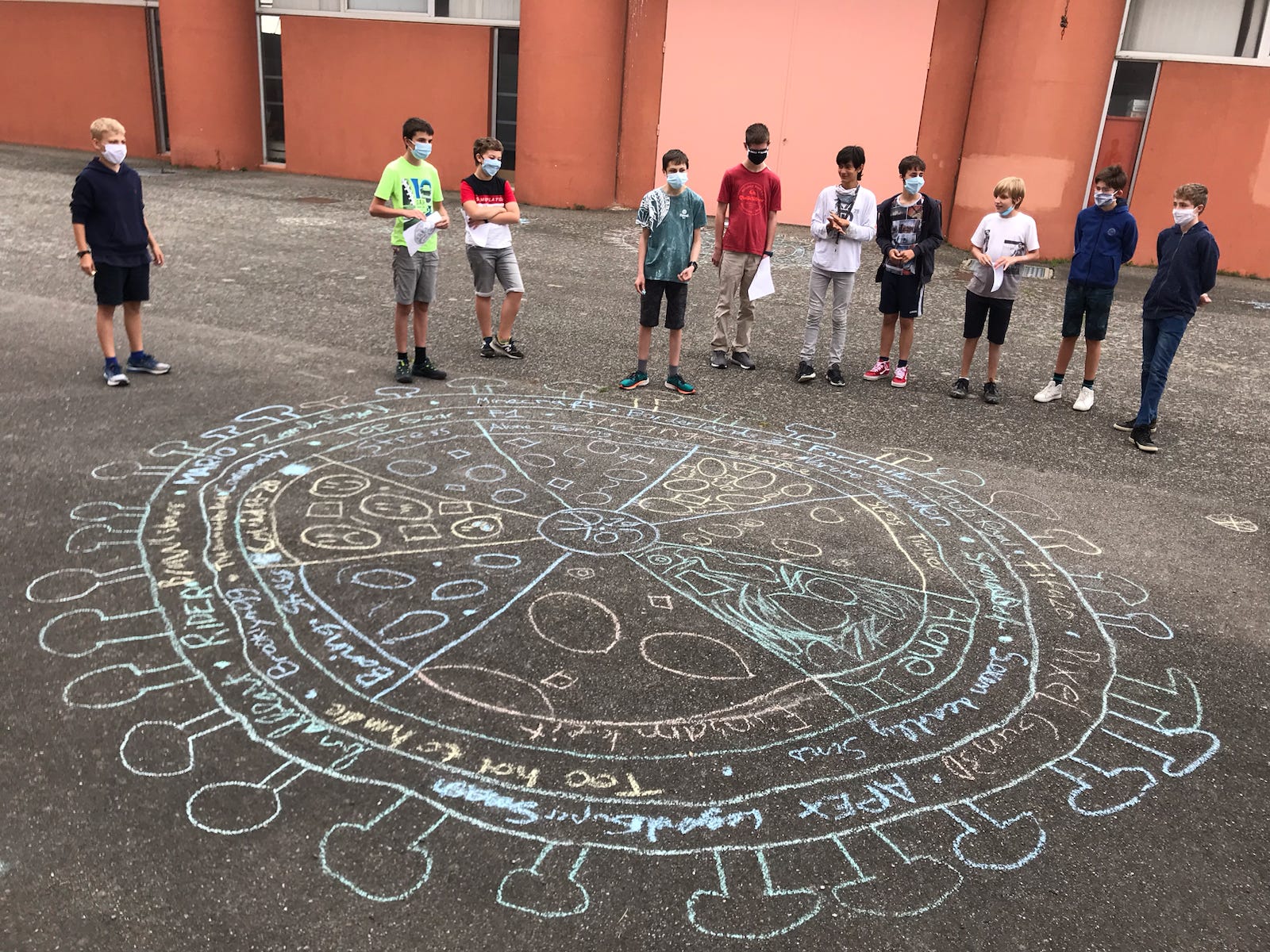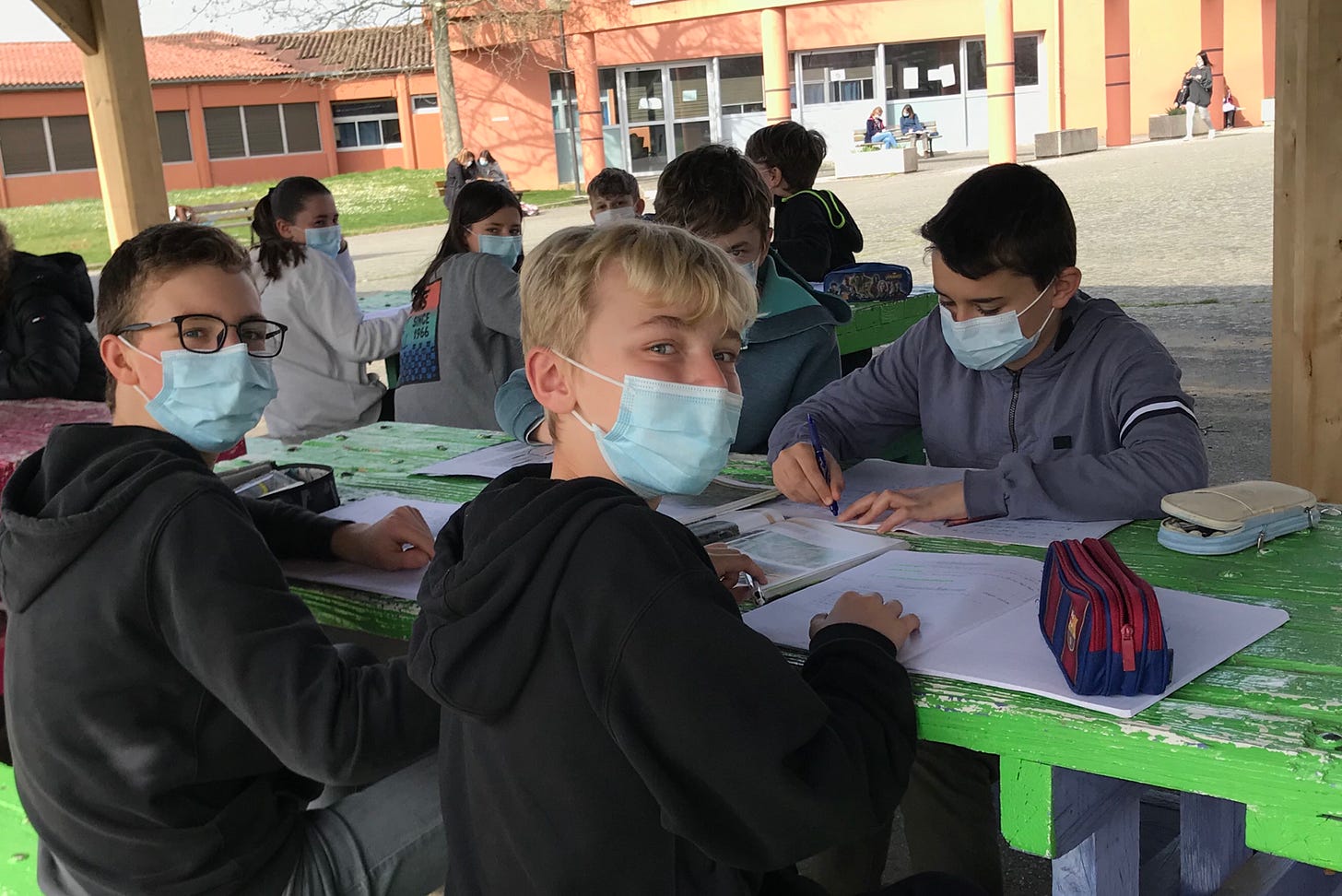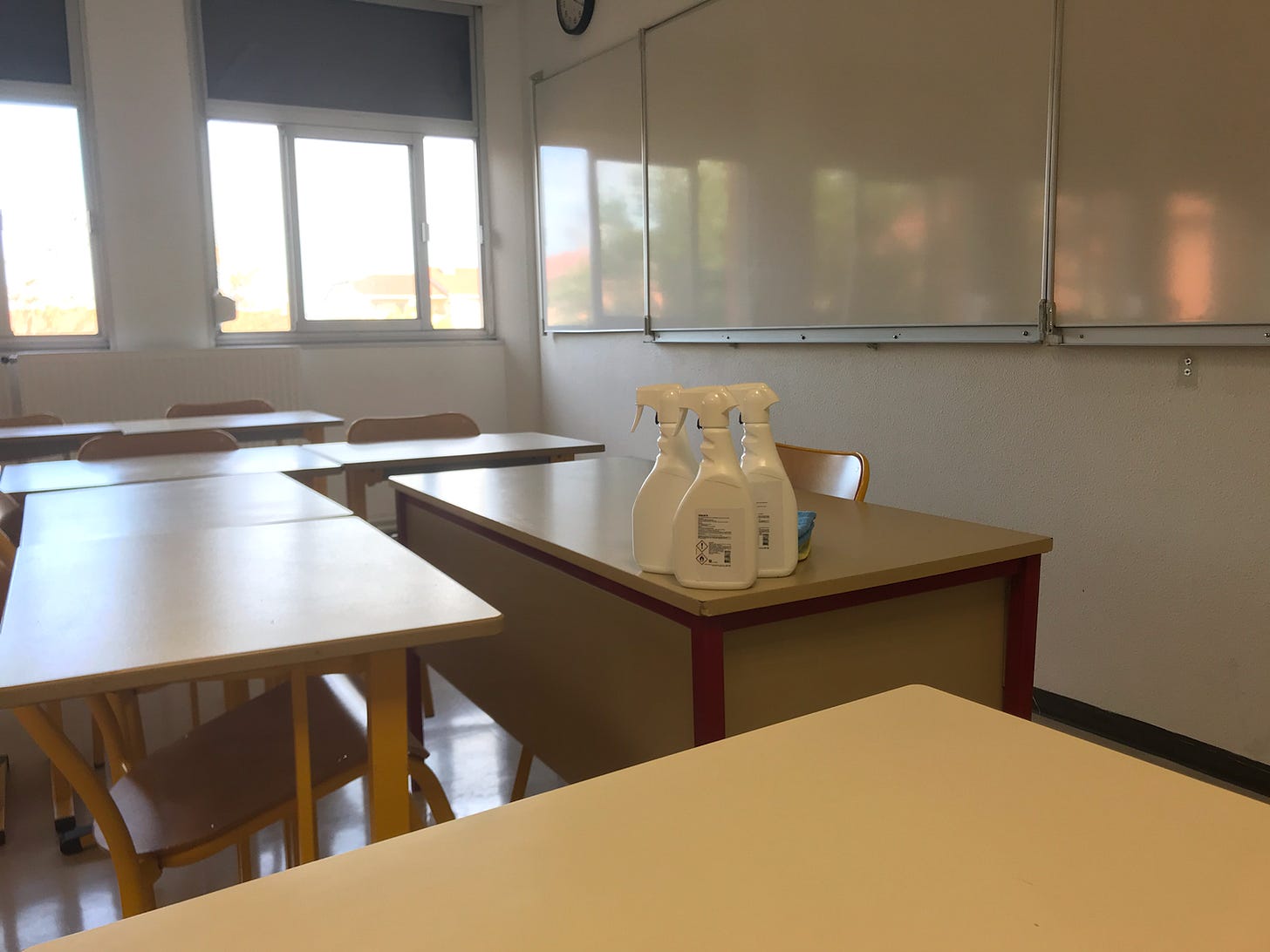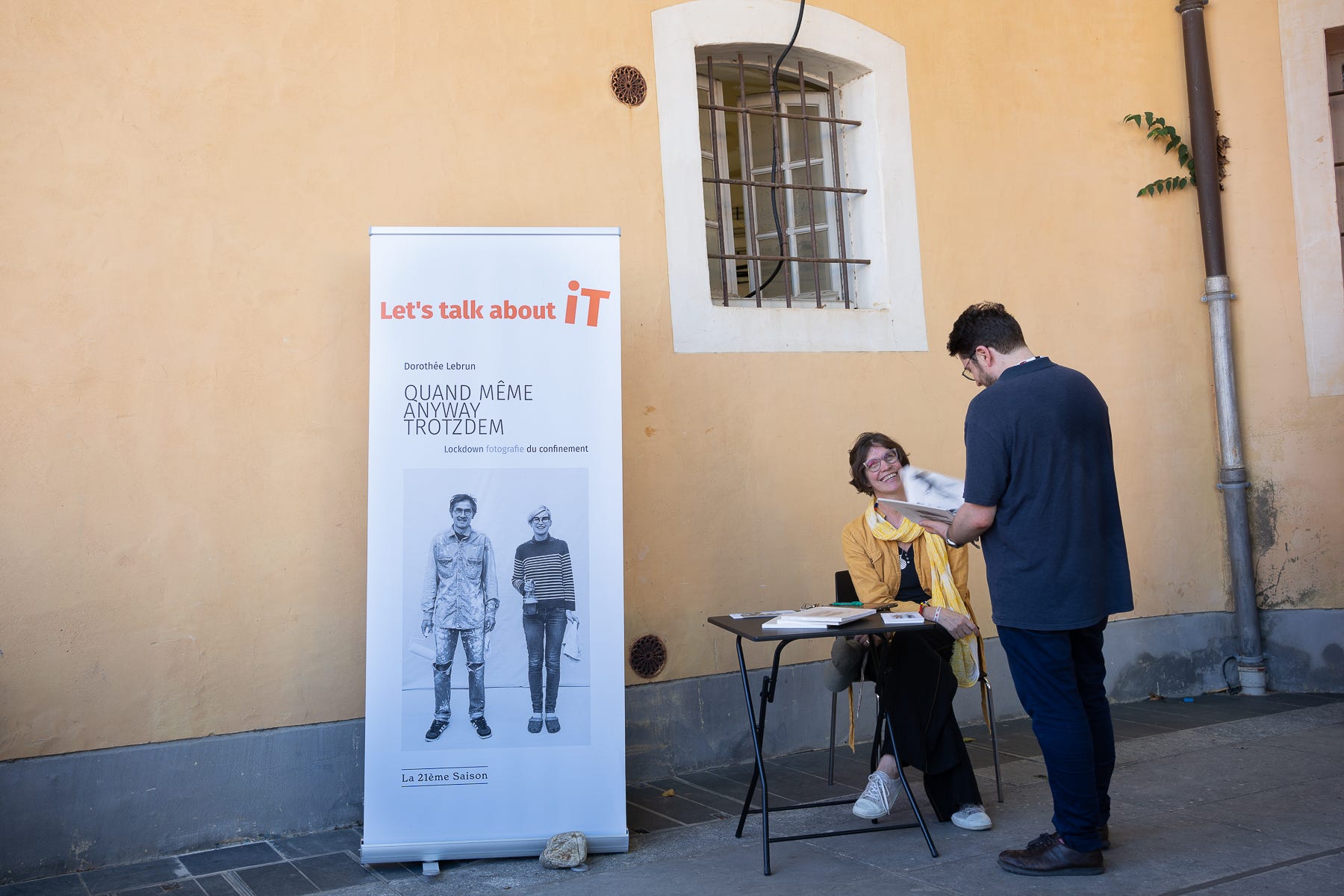"The Generation Covid" - Let's Talk About IT!
An appeal to civil society for unity and more humanity
Who is the generation Covid?
Can we even speak of a generation? The Covid-19 crisis was actually only about three years long, from 2020 to 2022, so hardly worth mentioning. However, these three years were highly formative for many children, adolescents, and young adults. They experienced unprecedented situations of dehumanization in which even their parents were completely overwhelmed.
Get a copy of the book!
Are they the children who were accused of spreading the virus?
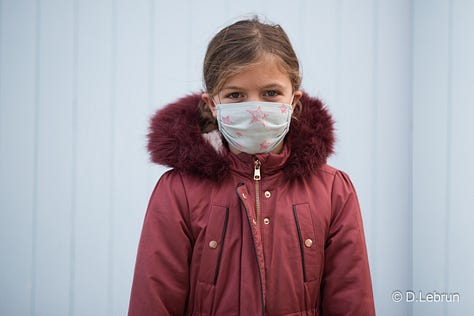
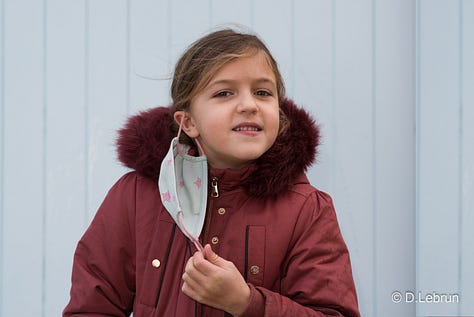
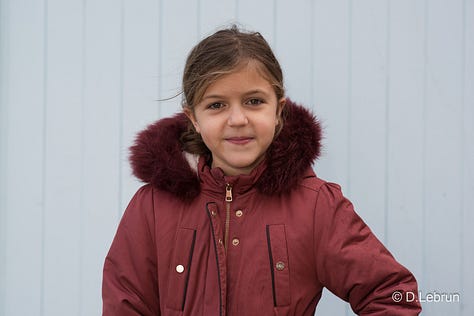
Are they the adolescents who had three important years of socialization taken away from them?
Are they the young adults who now, like in France, have a 2020 Covid international baccalaureat that is worth nothing? Or are they the medical students at the University of Cologne who were threatened with expulsion if they did not get vaccinated?
The 18 to 25 years old: The Covid springboard from precariousness to poverty
(The sources are below for better readability)
The major disruptions to private and professional lives, such as lockdowns, homeschooling for students, and the paralysis of the entertainment and leisure industry, have led to careers being interrupted or put on hold for young adults, thus resulting in an increasing poverty rate between the ages of 18 and 25. This extraordinary situation has intensified the precariousness that already dominated their job market before the Covid crisis. The French statistics from the Observatoire des Inégalités show that in 2021, more than half (56.9%) of them worked in precarious employment, a threefold increase since 1980.
In the first quarter of 2020, young adults were already facing fewer training or job opportunities: in France, the job offers decreased by 65% between January and April 2020. A quarter of French companies completely scrapped their planned recruitment during this time. Due to the increasing poverty among those under 25, they are referred to as an economically "sacrificed" generation. The declining happiness index and the increasing number of suicides also point to a psychologically "lost" generation.
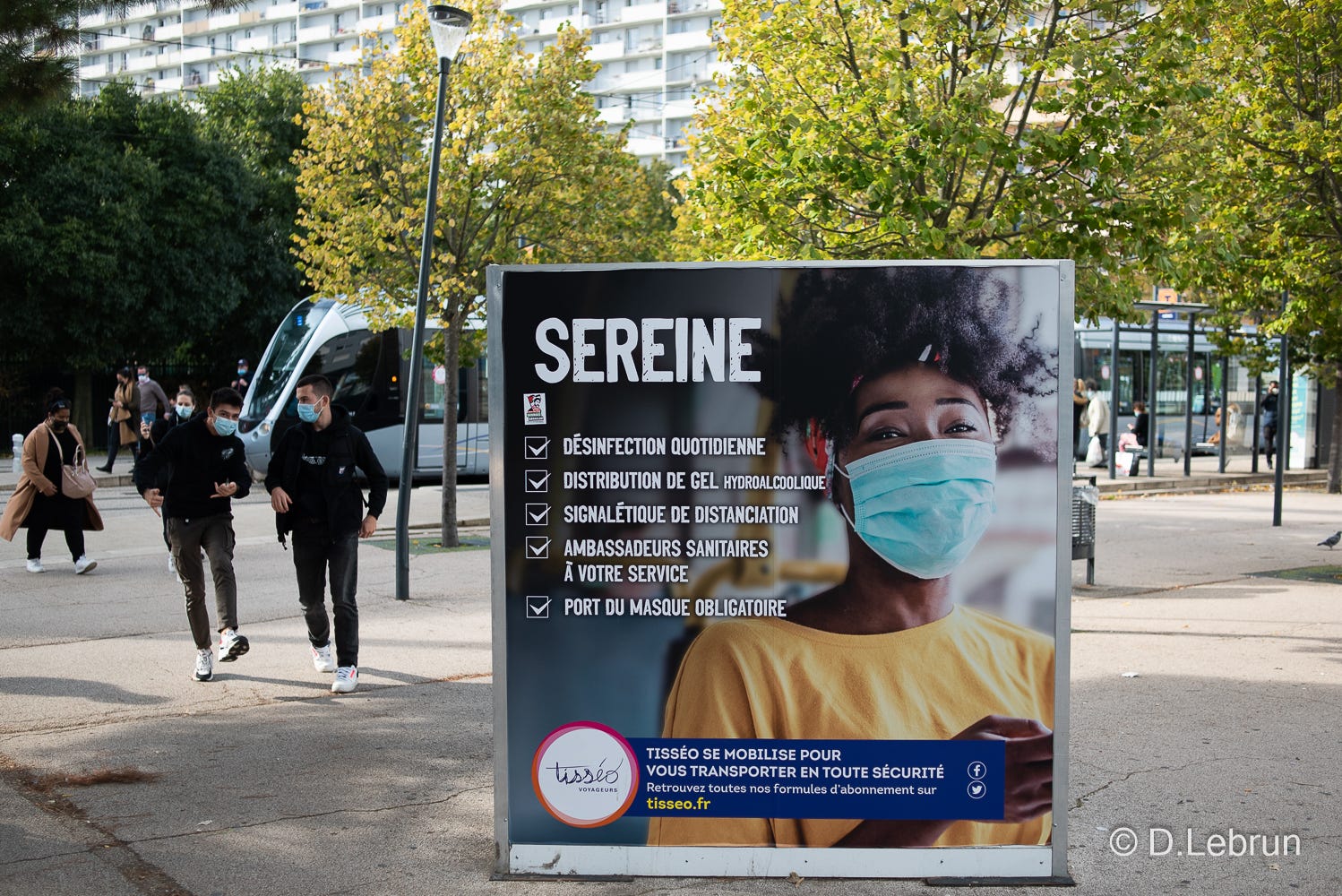
The adolescents: What have they endured? Who has seen it?
During the Corona years, I worked as a secondary school teacher and was able to observe changes in the behavior of the adolescents there. After the first period of homeschooling, they returned to school in France in June 2020. Shortly before the holidays, one could feel the unusual joy that they were together again and allowed to attend school!
Over 1.5 billion children worldwide were forced to stay at home for a long time and could no longer participate in public life. The social control function of schools was temporarily suspended and children and adolescents were left helpless in this situation. “School closures have caused large and persistent damage to children’s learning and wellbeing, the cost of which will be felt for decades to come, according to a new report launched by the Global Education Evidence Advisory Panel (GEEAP)”. Pressure, fear, and uncertainty, which burdened many parents, were often passed on to the weakest link, the children.
The isolation of the students during homeschooling was, at best, mitigated by the parents, but often it intensified, as the main companions were technologies, in the form of mobile phones, tablets, video games, or televisions. Cyberspace was for many of the children and adolescents who stayed at home the only common space left and yet cyberbullying, is mostly not pursued and left unpunished. For parents who worked in home offices, it was difficult to monitor their children's activities on the screens and prevent attacks on the adolescent users.
Acts of violence in the domestic sphere could occur unchecked and unpunished. According to Charlie Hebdo, it is estimated that an average of two children per class in France are subjected to domestic abuse by 2023. Dealing with this intolerable situation is completely unclear and overwhelming for the teachers.
How can the younger generation resolve the traumas?
Since the end of the Covid 19 crisis, have we wondered how difficult it must have been for the young population to navigate through the jungle of (fake) news and hygienic measures? Have we wondered what these three years of collective fear and confusion have done to them? Do we give them the tools and methods to cope with these traumas?
The Covid 19 topic has mostly left the media since February 2022, fortunately, the danger of the virus has weakened and no longer dominates our lives.
However, it is an illusion to believe that we have now left this time behind and can simply repress and forget it. "Oh, I don't want to think about that anymore." I hear these statements over and over again as I present myself with my small stall at photography festivals.
Life has long shown that repressed mechanisms, such as psychoses, illnesses, depression, and anxiety, can return as shadows and greatly affect our lives. Nowadays, there are not enough social security funds and appointments with psychologists and therapists to care for the vast number of disturbed young people.
For cohesion and humanity: Let's talk ABOUT it!
My initiative is certainly just a drop in the ocean, but I feel that the discussion about what has happened is long overdue. We cannot wait 50 years to start dealing with it.
I welcome collaboration offers and suggestions from artists, educators, healers, parents, and visionaries to further spread this project and reach more young people. Please get in touch with me!
https://www.philomag.com/articles/la-generation-covid-est-elle-une-generation-sacrifiee
https://www.inegalites.fr/L-evolution-de-la-precarite-de-l-emploi-salarie
https://start.lesechos.fr/societe/culture-tendances/generation-covid-des-jeunes-avant-tout-mal-compris-1274185.
https://www.ifop.com/wp-content/uploads/2021/12/118469-Presentation.pdf
https://news.un.org/en/story/2022/12/1131287
https://violenceagainstchildren.un.org/fr/news/violence-envers-les-enfants-la-crise-cach%C3%A9e-de-la-pand%C3%A9mie-de-covid-19
https://www.ncbi.nlm.nih.gov/pmc/articles/PMC8477433/
Charlie Hebdo, No. 1626, 20 Septembre 2023 « Inceste. Les profs seuls face à leurs doutes »
https://www.zdf.de/nachrichten/heute-sendungen/corona-psychische-folgen-lockdown-kinder-mangel-schulpsychologen-video-100.html



